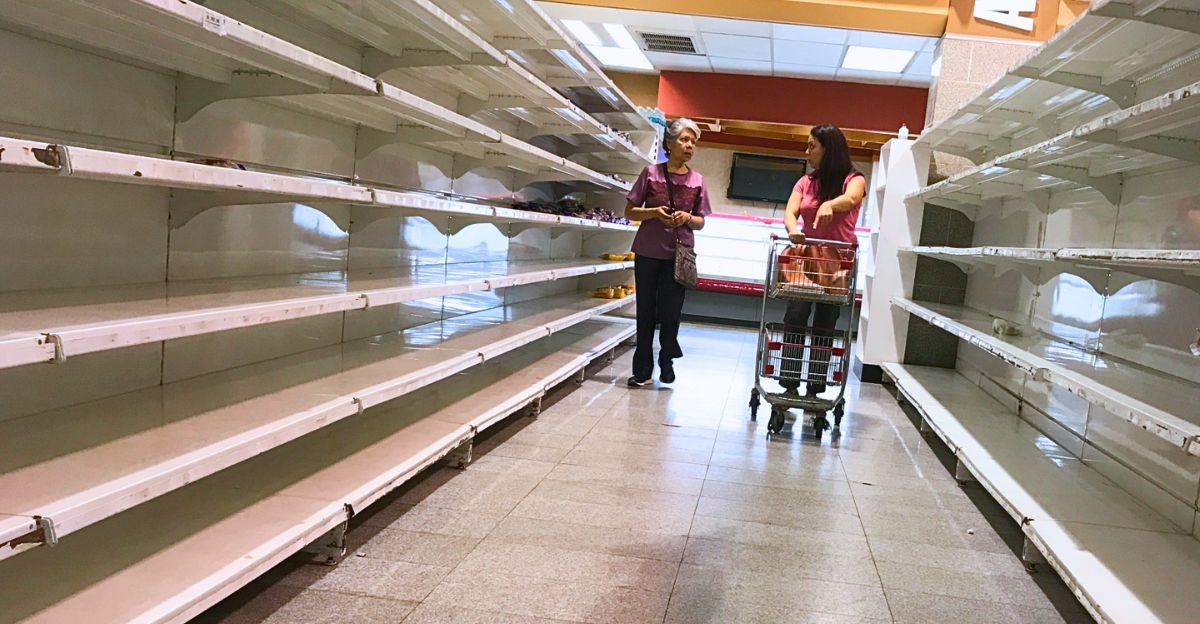
One of America’s oldest and most loved food brands has filed for bankruptcy. This company’s products have been in kitchens since the 1800s, passed down through generations. Its green labels and pantry staples were once seen as essentials.
Now, the brand is drowning in debt, and its future is uncertain. Customers are watching their childhood comfort foods vanish while the food industry braces for more shake-ups. So what went wrong, and how did a brand this familiar end up in such deep trouble?
The Slow-Motion Collapse Everyone Missed
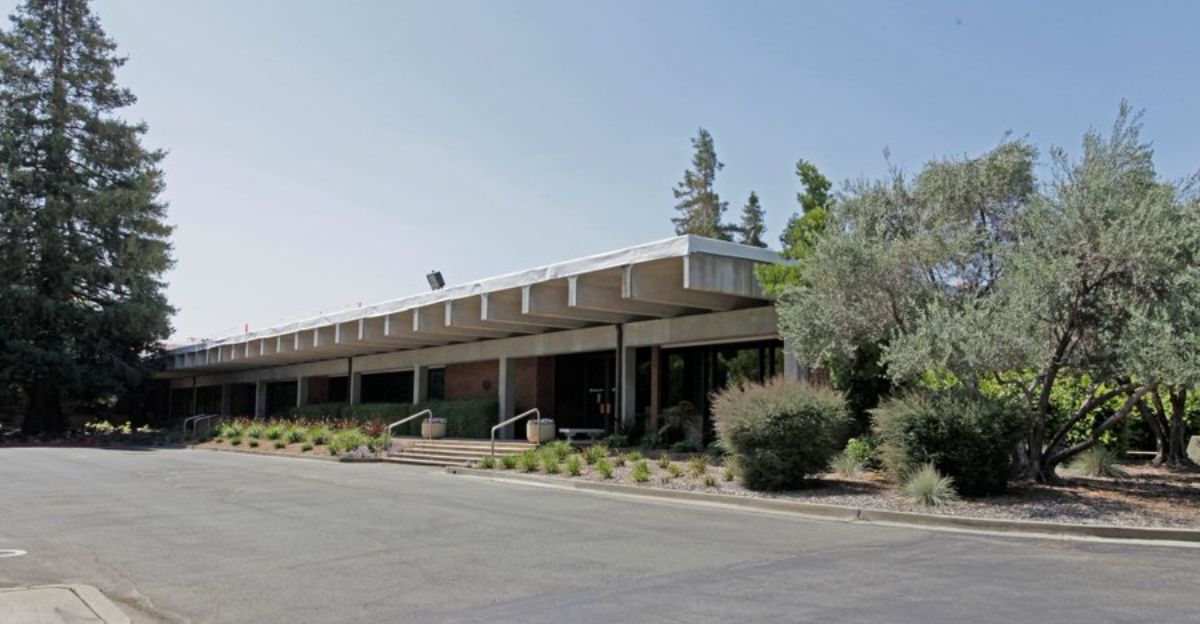
This didn’t happen overnight. The company’s downfall was slow and easy to miss. But the signs were there. Shoppers started skipping the canned food aisle and filling carts with fresh items instead.
Sarah Foss from Debtwire explained, “Consumer preferences have shifted away from preservative-laden canned food in favor of healthier alternatives.” Market research confirms it. According to The Packer’s Fresh Trends 2023 survey, 77% of consumers typically buy fresh fruits and 72% buy fresh vegetables, compared to 31% who buy canned fruit and 38% who buy canned vegetables.
The company kept making products fewer people wanted. And slowly, year by year, the shelves started looking fuller than the carts.
The Name Behind the Collapse—Del Monte Foods
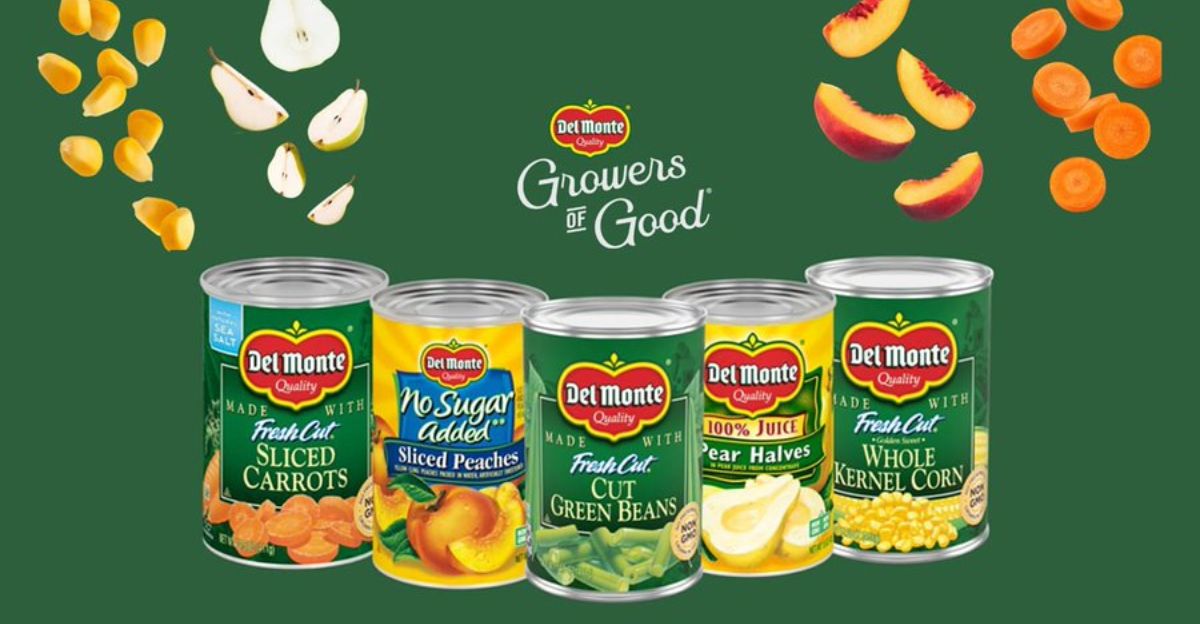
Del Monte Foods filed for Chapter 11 bankruptcy on July 2, 2025. It’s the same company that helped shape the American pantry, dating all the way back to 1886. That year, the Del Monte label was first used for coffee at a California hotel. By 1909, its logo appeared on canned goods across the country.
CEO Greg Longstreet said, “We determined a court-supervised sale process is the most effective way to accelerate our turnaround.” But with over $1.245 billion in debt, Del Monte’s survival now depends on what happens in bankruptcy court.
More Than Just Peaches and Green Beans
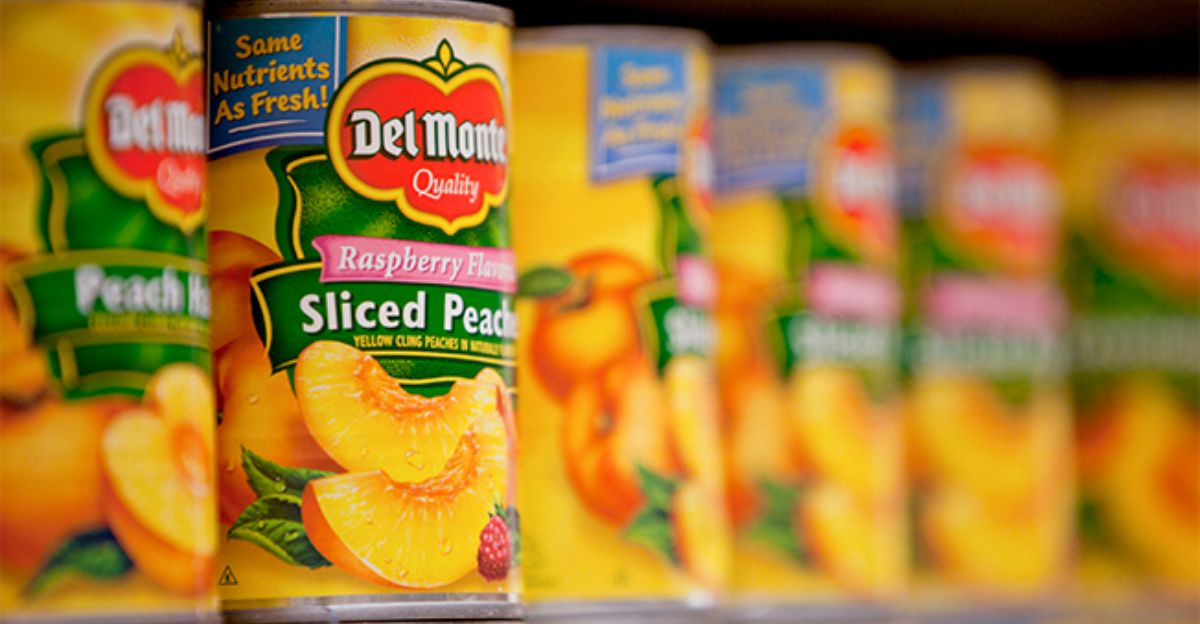
Del Monte’s bankruptcy affects a lot more than just canned fruit and veggies. The company owns popular brands like Contadina, College Inn, Joyba bubble tea, Kitchen Basics, and Take Root Organics. These names bring in $1.7 billion a year and show up in six out of ten U.S. households.
Some newer products like Joyba did well in 2024, but not enough to balance falling sales in canned goods. Without a buyer, these brands could vanish from shelves. That would leave major gaps in grocery stores and take away familiar items families have counted on for decades.
Debt, Tariffs, and Lost Customers Crushed the Company
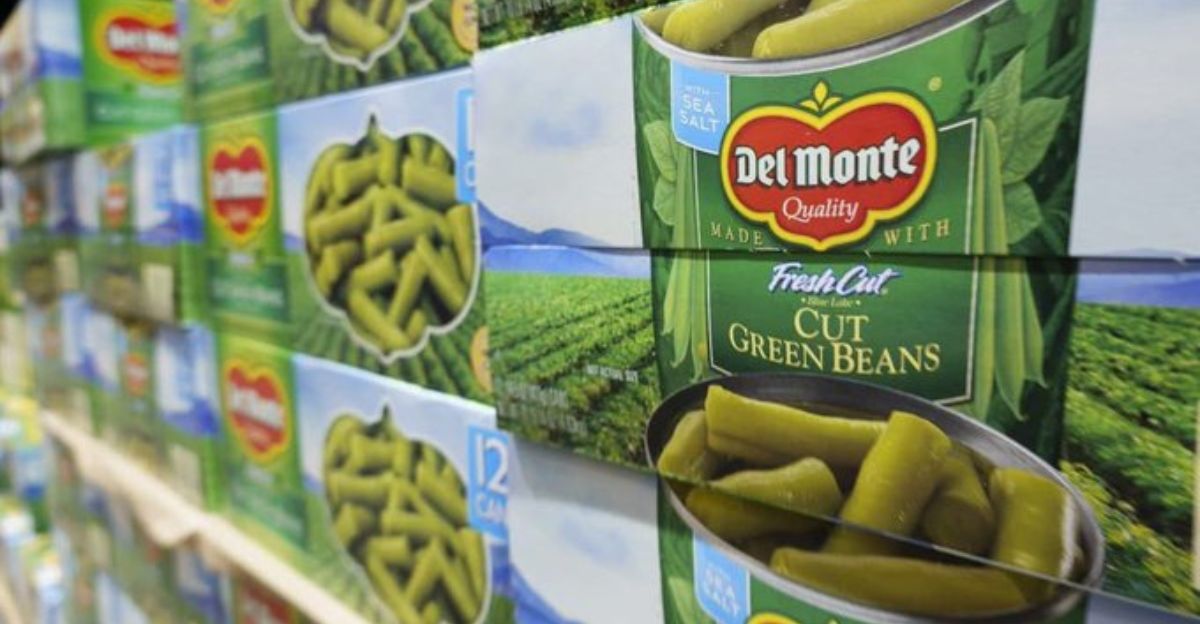
Del Monte’s financial problems go back years. Interest costs jumped from $66 million in 2020 to $125 million in 2025. Most of this came from a $1.675 billion buyout in 2014. At the same time, shoppers switched to store brands and fresh items. Private label goods now make up 25% of grocery sales.
Then, steel tariffs doubled to 50% in June 2025, driving up can prices. Stores had to raise prices just to keep up. Finally, a 2024 debt deal led to lawsuits when lenders claimed Del Monte defaulted. All of it added up to a financial disaster.
A Billion-Dollar Lifeline Might Not Save It
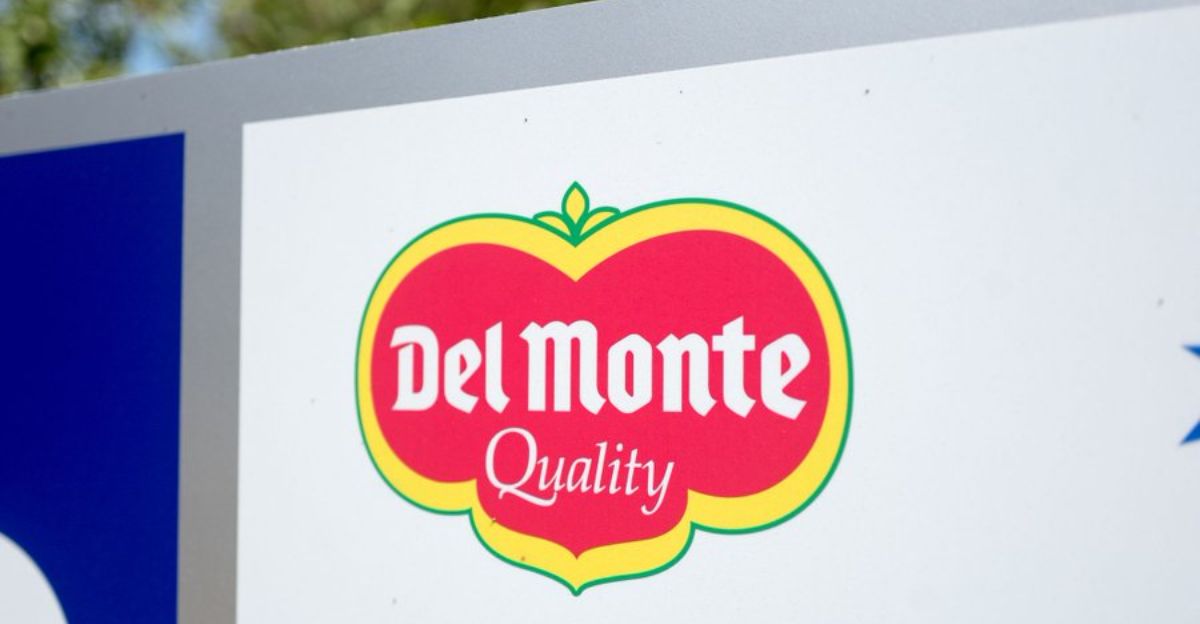
To stay open during the bankruptcy process, Del Monte got $912.5 million in special financing. That includes $165 million in new funds to help cover day-to-day costs while the company searches for a buyer. CEO Greg Longstreet said, “This financing… is expected to provide sufficient liquidity during the sale process.”
But with secured debt already at $1.245 billion and total liabilities as high as $10 billion, some experts doubt it’ll be enough. This cash might only buy time. Without a buyer, even this emergency loan won’t stop one of America’s oldest food brands from fading out completely.
Del Monte Isn’t Alone in This Crisis
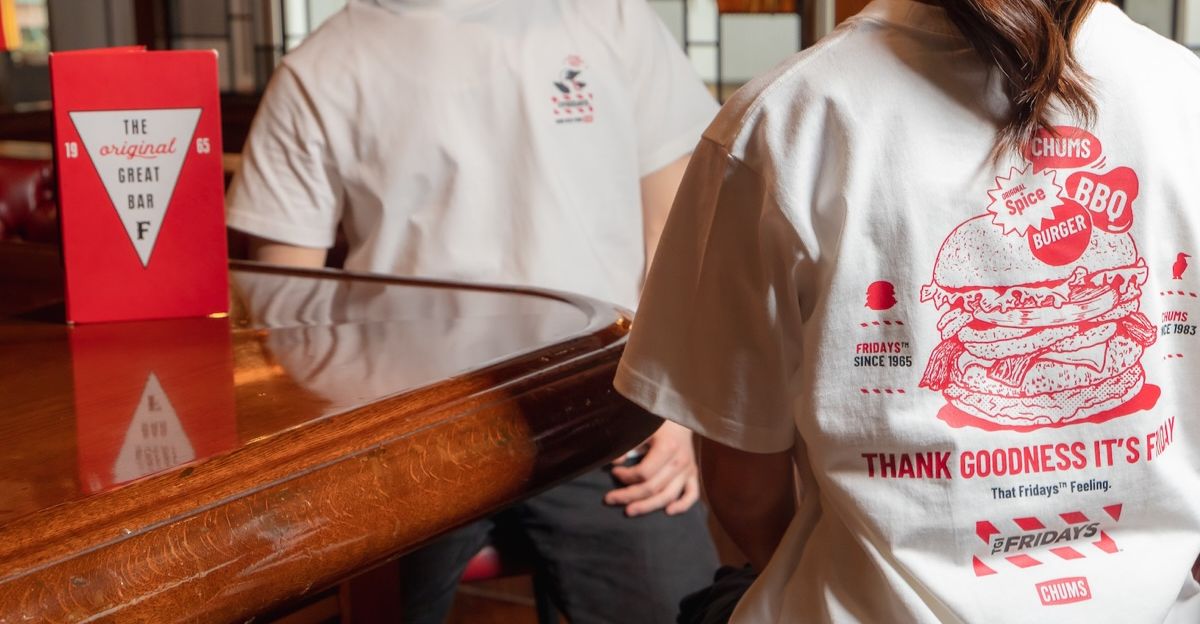
Del Monte is just one name in a growing list of food companies filing for bankruptcy. Harvest Sherwood, a $4 billion distributor, went under in May 2025. Hearthside Food Solutions, which makes products for Pepsi and Kraft Heinz, filed in late 2024 with $1.9 billion in debt. Restaurants have struggled too.
Red Lobster, TGI Fridays, and others have also filed for bankruptcy. Higher labor costs, supply chain issues, and changing tastes are pushing old brands out. Private label products are winning over shoppers by offering the same food for less money. The industry is shifting fast, and not everyone can keep up.
Why Fresh Del Monte Isn’t Part of the Bankruptcy
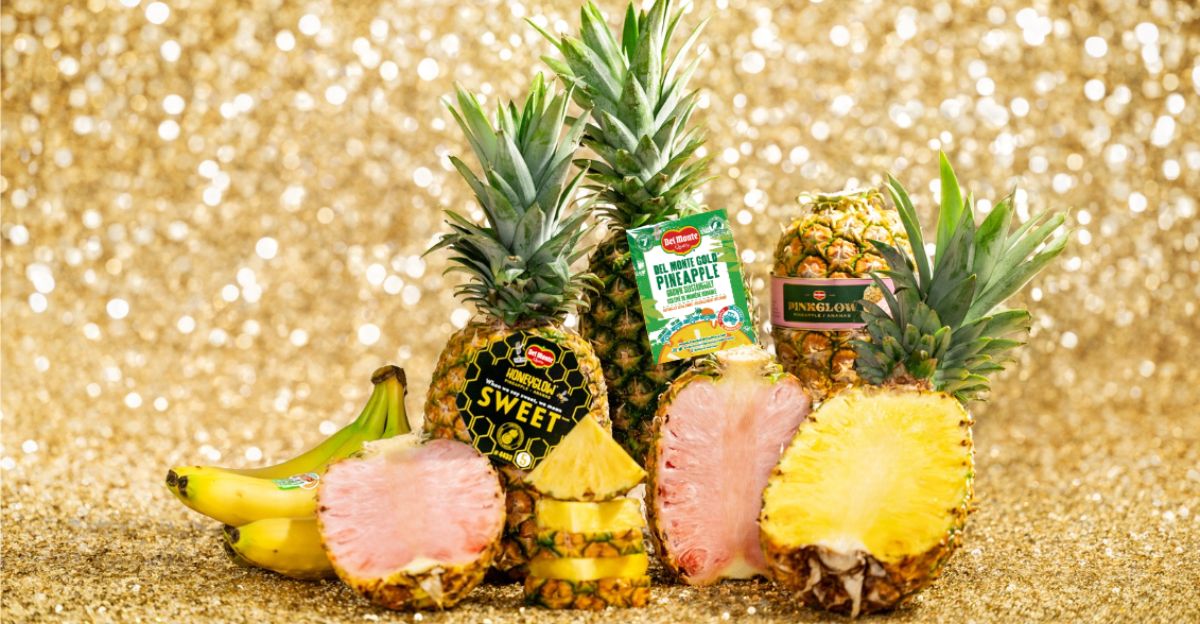
Despite the shared name, Fresh Del Monte Produce is a completely separate company. It has nothing to do with the bankruptcy. Based in Florida, Fresh Del Monte sells fresh fruits like pineapples and bananas in over 90 countries. The two companies split back in 1989. They still use the same brand name because of a licensing deal, but they’re run independently.
While Del Monte Foods makes canned and packaged items, Fresh Del Monte focuses on fresh produce. Fresh Del Monte has made it clear that its products, business, and stores are not affected. So even as canned goods disappear, shoppers will still see Del Monte-branded fruit in stores. That part of the brand remains untouched.
Leadership Calls It Strategy—Experts Aren’t Convinced
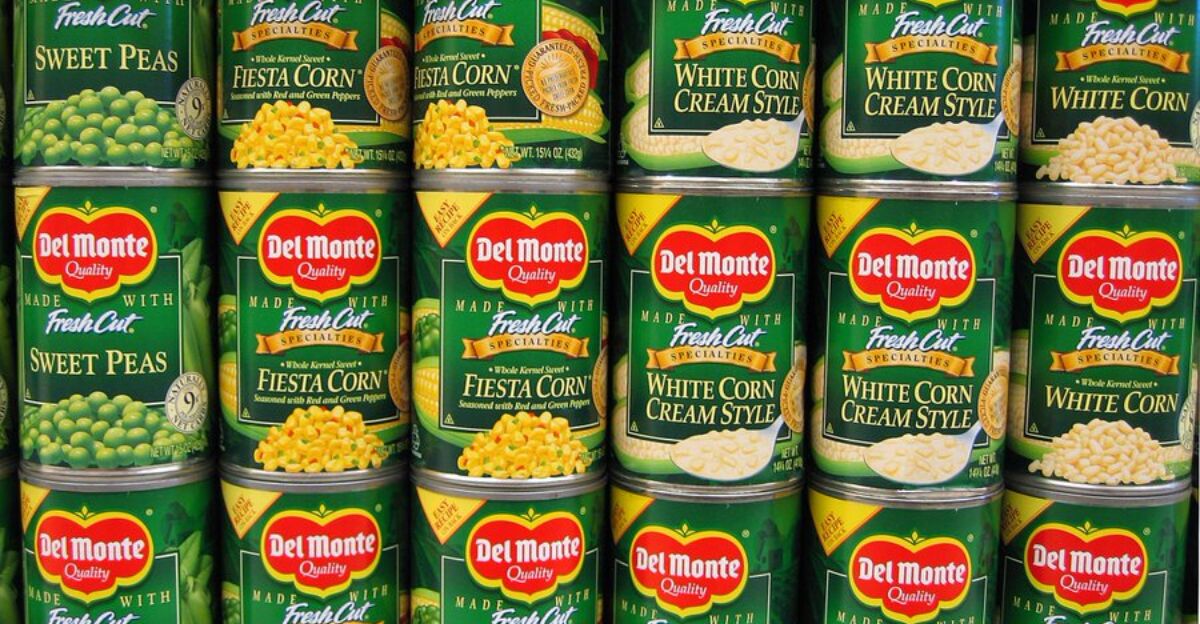
Del Monte’s CEO is calling the bankruptcy a smart move. He said it’s “a strategic step forward” and part of a plan to find new ownership and fix the company’s finances. The goal is to come out of bankruptcy with a stronger business. But not everyone is buying it.
A recent debt deal already led to legal trouble, and interest costs have been spiraling. Experts say the company’s biggest problem is its main product. Canned food isn’t what people want anymore. Even with new funding, it will be hard for Del Monte to make a real comeback.
Why This Is a Wake-Up Call for Grocery Brands
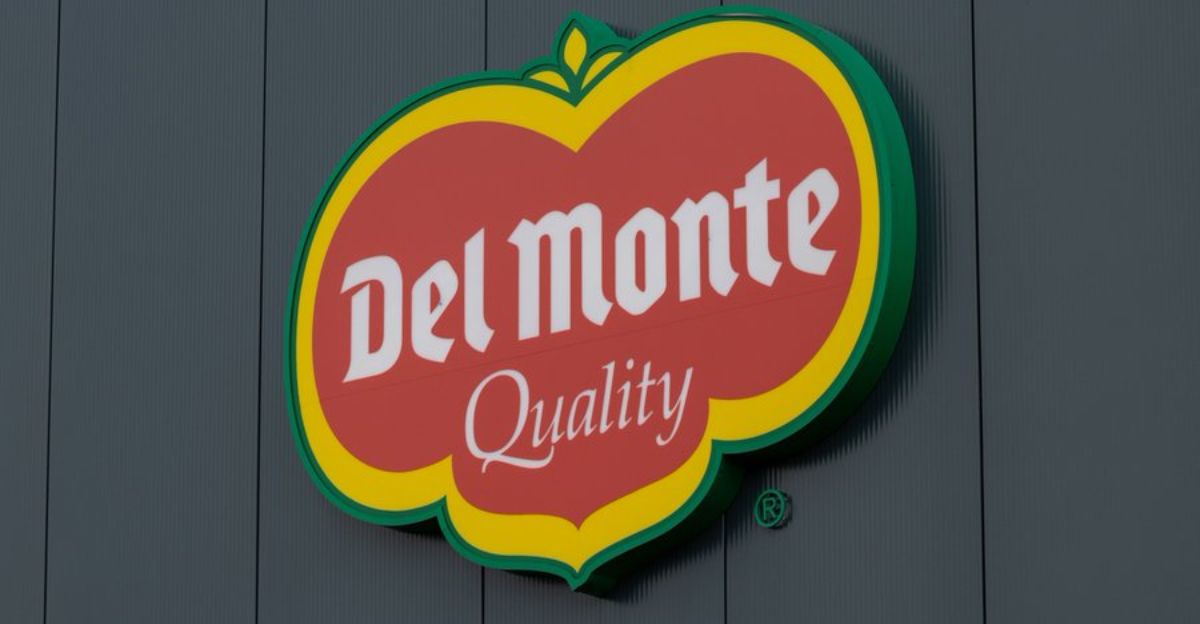
Del Monte’s fall isn’t just about one company. It shows that big changes are coming to the way Americans eat. Private label brands now make up a quarter of grocery sales. More people want food that’s fresh, healthy, and packaged sustainably.
Canned goods are losing their place in modern kitchens. Steel tariffs are making them even more expensive. Sarah Foss at Debtwire said this shift in consumer behavior is permanent.
For longtime brands like Del Monte, this is a warning. If companies don’t change fast, they won’t survive. The future of food is here, and it looks very different.
